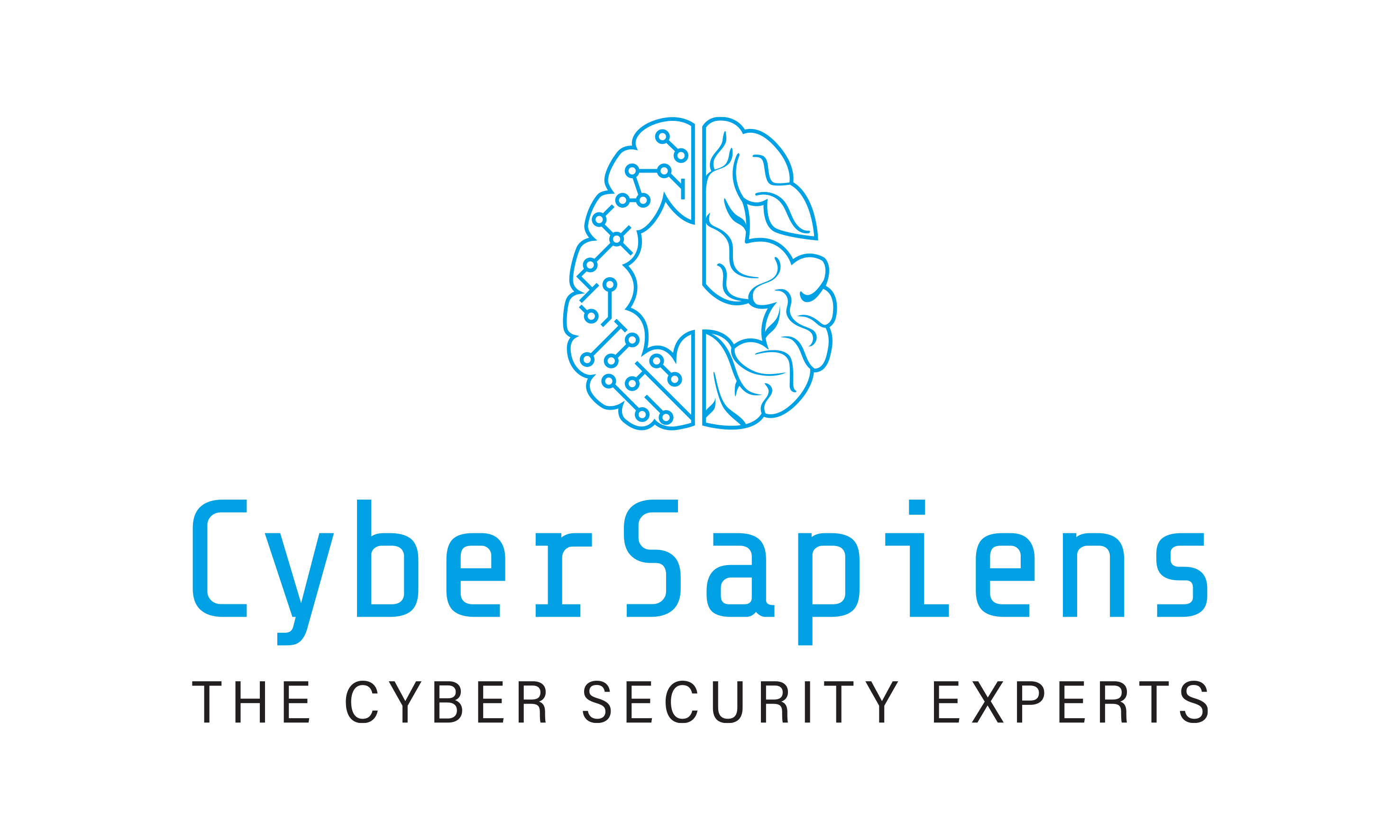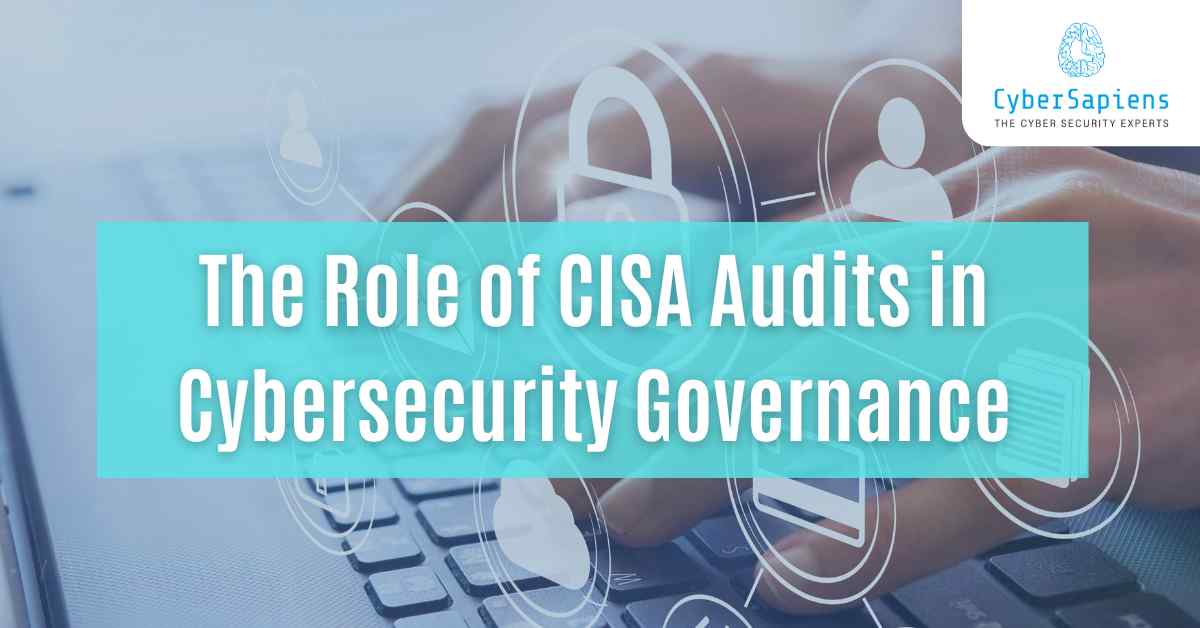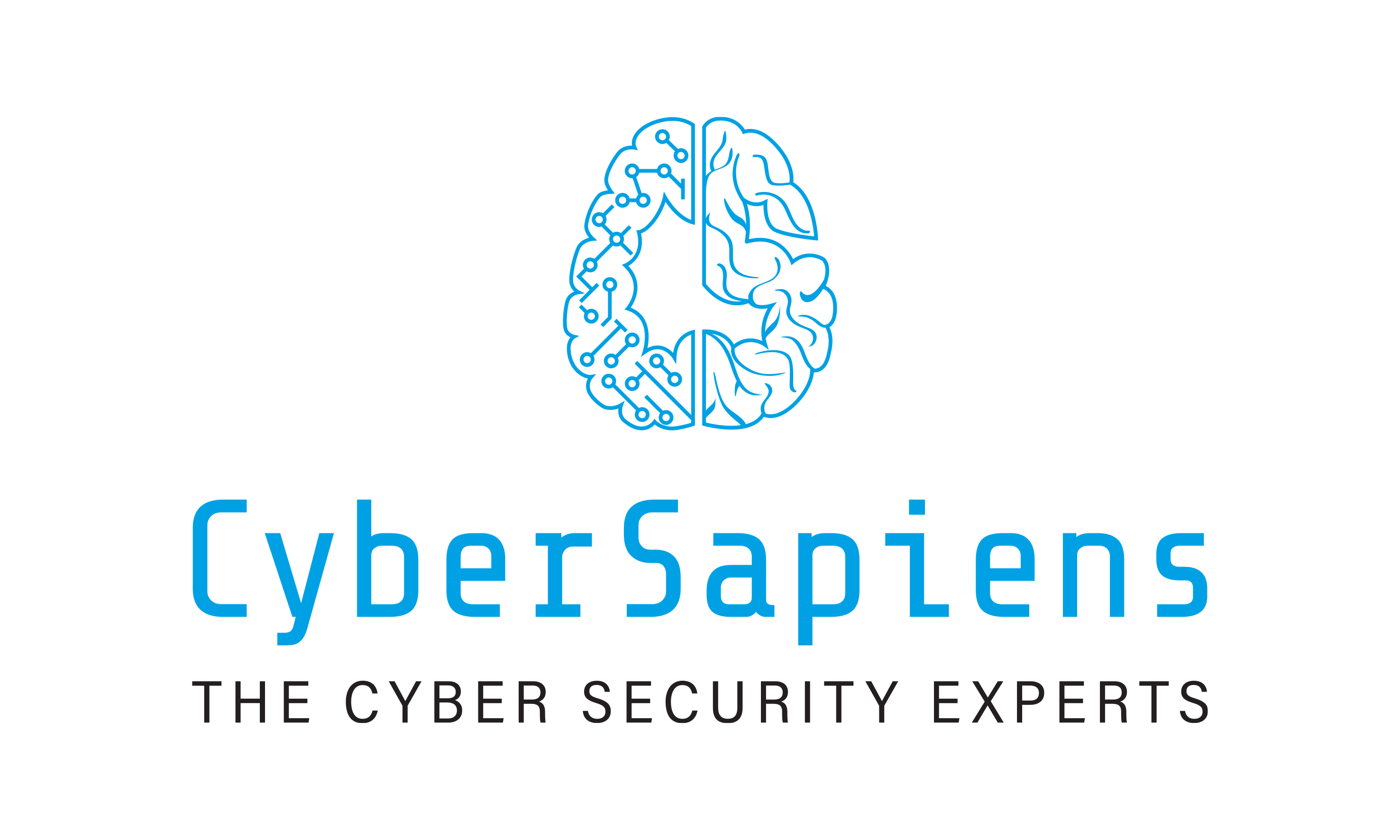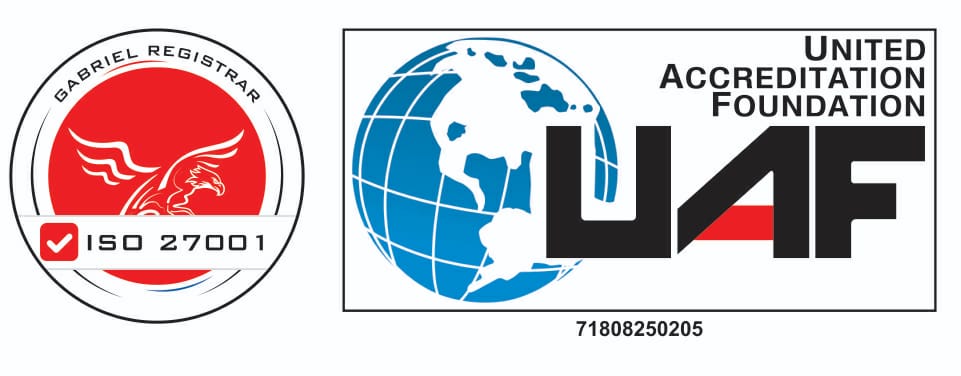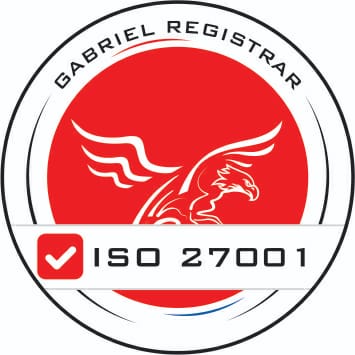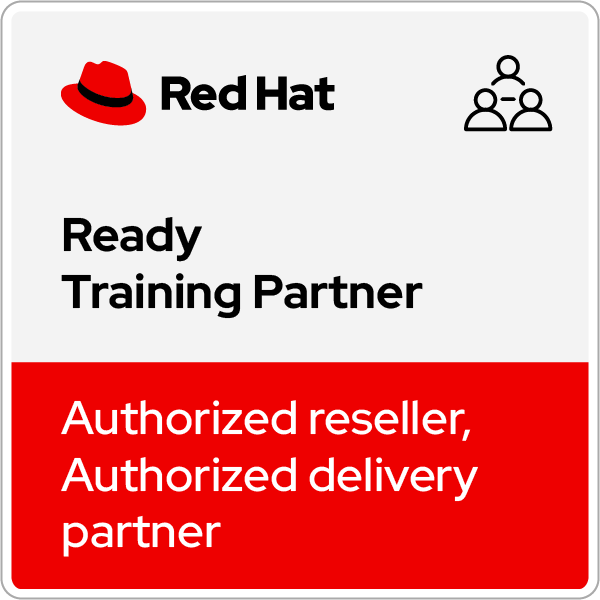In the present swiftly developing digital space, robust cyber governance is very crucial to organizations.
Incidents of cyber attacks have been on the rise and it is necessary for firms to be proactive in protecting their systems and data. The Certified Information Systems Auditor (CISA) certification is one of the elements of this governance framework.
Let’s now discuss why the role of CISA audits in cybersecurity governance is important as far as effective cybersecurity practices are concerned.
The Role of CISA Audits
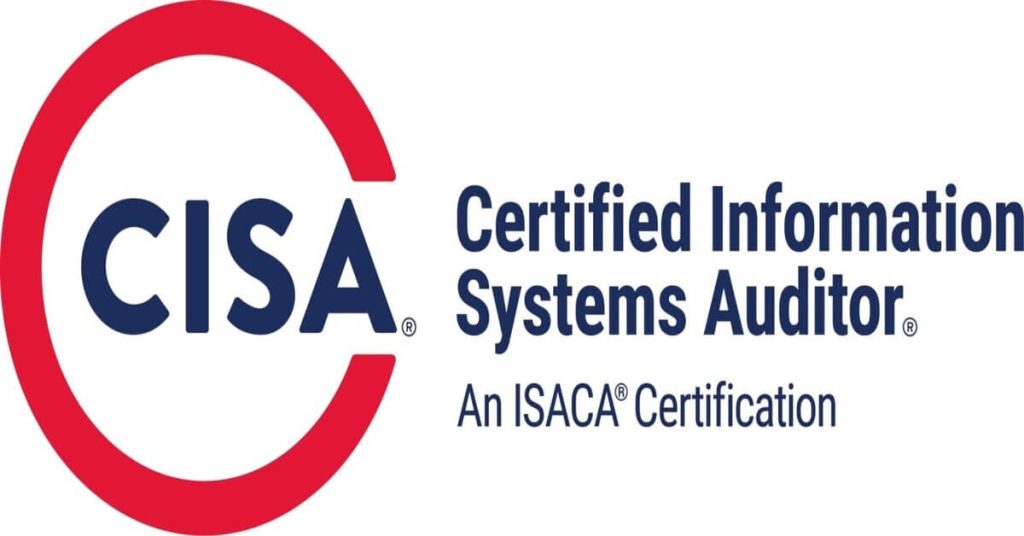
Below, you will find 9 Roles of CISA Audits in Cybersecurity Governance:
1. Risk Assessment and Mitigation:
By reviewing an organization’s information system, its weaknesses, and vulnerabilities and giving out suggestions in order to solve them, CISA auditors evaluate risks that it may face. This way organizations can take measures to prevent security loopholes from occurring.
2. Compliance and Regulatory Adherence:
Industry standards, legal requirements as well as internal procedures must be met by CISAs. Establishing that controls are established properly and working correctly during assessment ensures their compliance with the law.
3. Stakeholder Communication:
Audit findings are passed to stakeholders in the form of CISA reports which include board members’ management or external parties among others. What arises from such clear communication is good decision-making.
4. Continuous Improvement:
Continuous improvement through CISA audits occurs mostly due to the recommendations stemming from these audits that would result in increasing safety measures, risk-bearing capacity enhancement or even better modes of running companies.
5. The assurance of a third party:
Usually, organizations hire CISA auditors to evaluate the activities of third-party companies. These audits verify that the suppliers are secure and reduce supply chain risks.
6. Best Practices Implementation:
The CISA audit serves as an instrument for guiding the implementation of industry best practices in cybersecurity governance.
They help businesses create strong rules, procedures and controls for assessing data security risks, handling emergency situations, administering access paths, protecting data and other crucial elements of cyber safety.
7. Gap Analysis:
In many cases, a CISA audit will involve conducting gap analyses where it is possible to determine disparities between current cybersecurity practices and desired objectives or standards.
This way firms are able to spot discrepancies and come up with action plans on how to deal with them hence improving their security postures.
8. Benchmarking and Comparison:
Through these CISA audits, organizations can measure their cybersecurity profiles against comparable individual players and general industry standards.
By doing so they can then understand where they are better off than others or lagging behind. Strategic decisions based on this comparative analysis should be made in order to allocate resources properly so as to compete effectively in the changing threat environment.
9. Vendor and Supply Chain Risk Management:
CISA examinations often go beyond the bounds of an organization to check the cyber security of its vendors and partners. Due to increasing supply chain attacks, many organizations are now checking on the security measures put in place by their third-party suppliers.
The audits from CISA help in identifying and mitigating vendor-related risks that ensure the entire ecosystem is able to withstand cyber threats.
Understanding CISA Certification
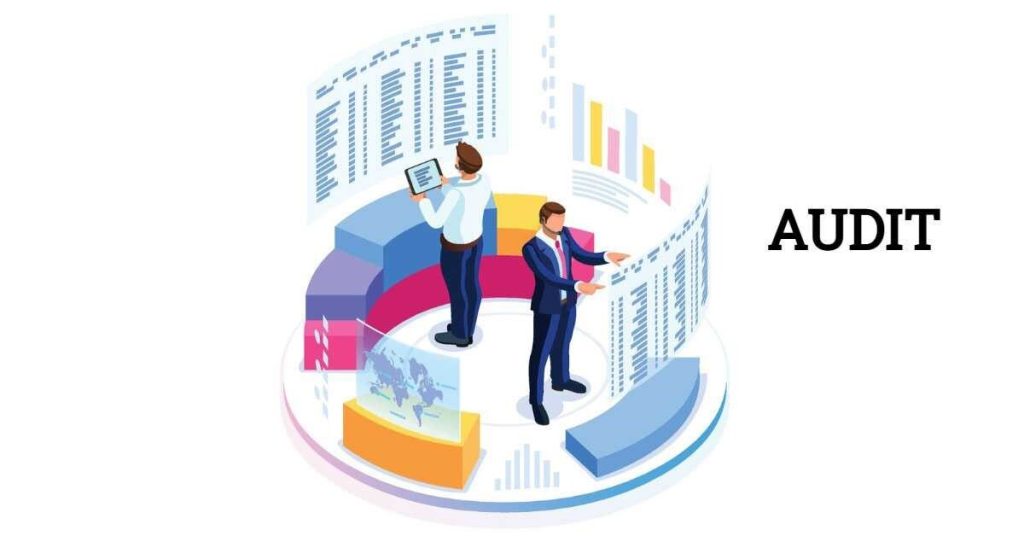
The CISA certification given by ISACA since 1978 demonstrates expertise in information systems audit, control, assurance, and security. People seeking CISA certification must pass a comprehensive five-domain exam.
That exam usually covers the following topics:
1. Processes for Information System Auditing:
This domain involves matters of auditing associated with risk assessment, audit planning, evidence gathering and reporting.
2. Governance & Management of IT:
Candidates will be taught about IT governance framework, organizational structures, and how it relates to risk management.
3. Information Systems Acquisition, Development & Implementation:
This area covers reviews on systems development, project management as well as implementation processes.
4. Information Systems Operations and Business Resilience:
There is a study of IT operations services management along with business continuity.
Why Pursue a CISA?
Here are some of the main reasons why you should pursue CISA as a possible career opportunity.
- Industry Standard: CISA is the gold standard for professionals working in information systems.
- Mid-Career Boost: If you’re a mid-career professional, CISA can showcase your expertise and assert your ability to apply a risk-based approach to planning, executing, and reporting on audit engagements.
- 70% of CISA-certified professionals experience on-the-job improvement.
- 22% receive a pay boost after certification.
Domains Covered by CISA (Updating in 2024):
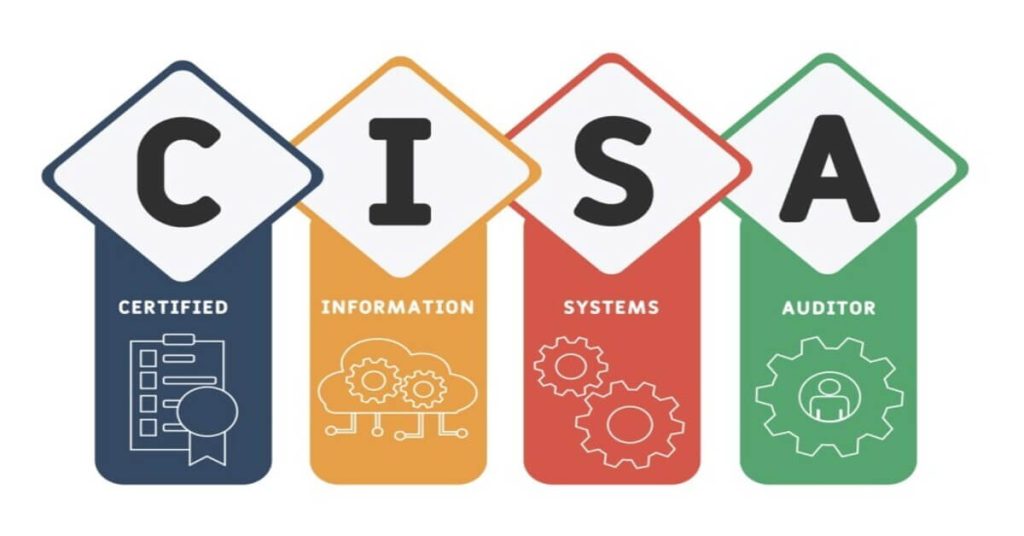
Here is the list of domains covered by CISA:
- Information Systems Auditing Process
- Governance and Management of Information Technology
- Information Systems Acquisition, Development & Implementation
- Information Systems Operations and Business Resilience
- Protection of Information Assets
Summary: The Role of CISA Audits in Cybersecurity Governance
- Risk Assessment and Mitigation
- Compliance and Regulatory Adherence
- Stakeholder Communication
- Continuous Improvement
- The assurance of a third-party
- Best Practices Implementation
- Gap Analysis
- Benchmarking and Comparison
- Vendor and Supply Chain Risk Management
- Understanding CISA Certification
- Processes for Information System Auditing
- Governance & Management of IT
- Information Systems Acquisition, Development & Implementation
- Information Systems Operations and Business Resilience
Conclusion
In a connected world, CISA audits are fundamental to effective cybersecurity governance. By validating knowledge in critical areas, CISA-certified professionals contribute significantly to organizational efficiency and safety. As technologies continue to evolve, their role in securing our digital future remains crucial.
FAQs
1. What is the CISA certification?
Ans. The CISA certification validates expertise in information systems audit, control, assurance, and security.
2. Who should pursue CISA certification?
Ans. IT auditors, security professionals, and risk managers seeking to enhance their skills and credibility.
3. How many questions are in the CISA exam?
Ans. The CISA exam consists of 150 questions across the five domains.
4. What does CISA cover that other certifications don’t?
Ans. Unlike some certifications that focus on specific topics, CISA provides a comprehensive view of auditing IT infrastructures, policies, and regulations.
5. How does CISA contribute to cybersecurity governance?
Ans. CISAs play a crucial role in identifying vulnerabilities, ensuring compliance, and communicating cybersecurity priorities to stakeholders.
6. What are the benefits of CISA certification?
Ans. Enhanced career prospects, increased earning potential, and recognition as a trusted IT auditor.
7. Is CISA recognized globally?
Ans. Yes, CISA is widely recognized across all industry sectors worldwide.
8. How can organizations benefit from CISA-certified professionals?
Ans. They can assess risks, implement controls, and protect critical information assets effectively.
9. What’s the significance of CISA in technology-driven organizations?
Ans. As technology risks accelerate, CISA professionals safeguard systems and data against cyber threats.
10. How can I prepare for the CISA exam?
Ans. Utilize ISACA’s exam preparation resources, including group training and self-paced study materials.

